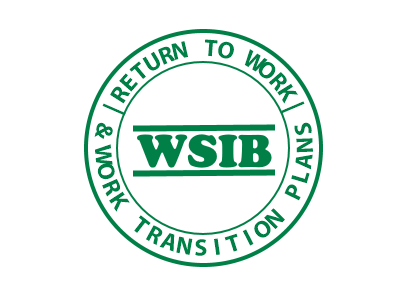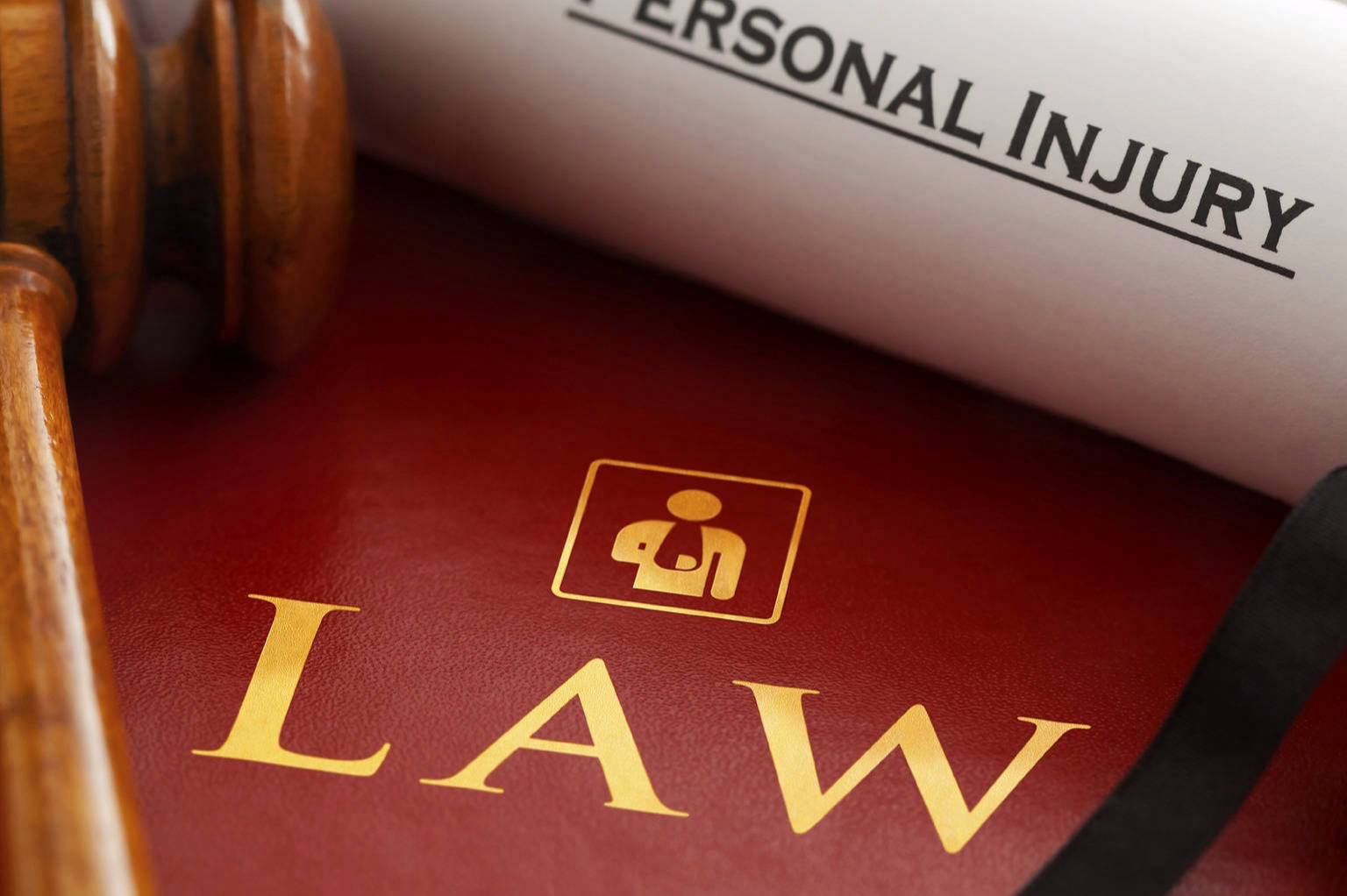MORE TO KNOW ...
In November 2010 the WSIB announced new Operational Policies to compel employers to return injured workers to their former place of employment. These policies apply to all injured workers no matter what their year of accident, or status in their Labour Market Re entry Program Work Transition Plan. If an Employer fails to follow the WSIB Policies, the WSIB can levy a penalty. See the WSIB’s Operational Policies for more information.
Our Law Firm has specialized in the management of Return to Work obligations for 40 years. We can help you come to the most expedient resolution. Return to Work meetings are quasi judicial proceedings, where determinations are made with many thousands of dollars of potential liability at stake

Return to Work / Retraining
WSIB has a new Return to Work Policy obligation for employers, the Work Reintegration Program (WR).
In November 2010 the WSIB announced new policies to compel Employers to return injured Workers to their former place of employment. These policies apply to all injured Workers no matter what their year of accident, or status in the Labour Market Re-entry Program. Penalties are one year's benefits, plus LMR costs, anywhere from $20,000.00-$70,000.00.
Our firm has specialized in the management of Return to Work obligations for 20 years. We can help you come to the most expedient resolution. Return to Work meetings are quasi judicial proceedings where determinations are made with many thousands of dollars of potential liability at stake."tab2

WSIAT (Workplace Safety and Insurance Appeals Tribunal)
If you are having problems with the Workplace Safety and Insurance Board (WSIB), you should call RICHARD A. FINK!
RICHARD A. FINK is recognized by Lexis Legal information as being the number one advocate (in appearances) at the Workplace Safety and Insurance Appeals Tribunal (WSIAT). Richard A. Fink is a lawyer certified by the governing body of lawyers, (Law Society of Upper Canada) as a specialist. Richard has extensive experience with handling:
Workers Comp, WSIB, WSIAT, (OHSA) Occupational Health and Safety and Canada Pension Plan (CPP) Appeals for all types of benefits including:

OCCUPATIONAL HEALTH AND SAFETY LAW IN ONTARIO
Every employer and employee wants to maintain a safe and healthy workplace. Employers, managers, supervisors, and ordinary workers have legal obligations under the Occupational Health and Safety Act (“OHSA”) to do just that.
The OHSA has three basic aims:
* It sets out the legal duties of everyone in the workplace with respect to safety;
* It establishes requirements to deal with workplace hazards; and
* It creates an enforcement regime to ensure compliance with its rules and regulations.


